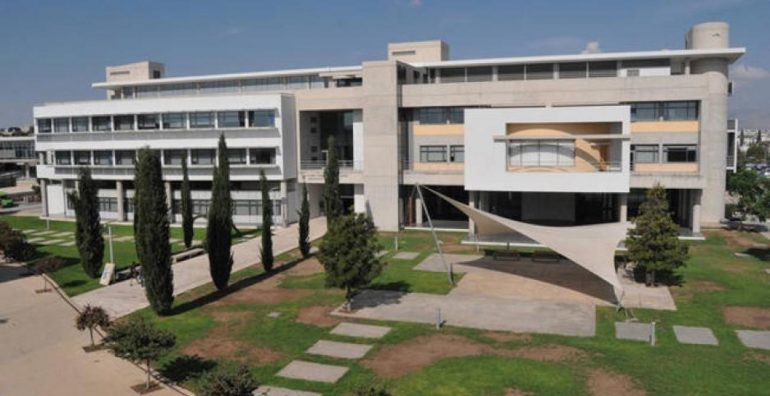The student of the University of Cyprus is negative in the end - Negative two tests she underwent after the positive diagnosis
The student of the University of Cyprus who had been announced as positive for the virus, after two consecutive tests, tested negative for the coronavirus.
Referring to what was heard about a case of a student at the University of Cyprus, Dr. Kostrikis stressed to the Cyprus News Agency that the student was not positive for the coronavirus from the beginning and that the initial diagnosis made by the government services was wrong and he found it positive.
"The sample was repeated yesterday by the laboratory of the University of Cyprus and is negative. So it seems the positive is wrong. The student also repeated the test in an external private laboratory, the result of which was also negative. The student is negative. They made a mistake in the first diagnosis. The first diagnosis made by the government services seems to be wrong. "My own technique was used in the laboratory of the University of Cyprus and in the external laboratory the techniques used in the other laboratories", he said.
Asked to explain further what his own technique is, he said it is based on a patent of his own that was granted in the US in 2011 and was used to diagnose SARS 1, the first virus outbreak.
"It is a technique that makes a correct diagnosis even if the virus is genetically transmitted, that is, when there are mutations in the virus, it uses an increased number of genes for diagnosis, it uses what we call a positive marker in the experiment and it has some elements that greatly increase chance of not making a mistake. "At the University of Cyprus, I adapted this patent for SARS 2. In addition to adapting it, I evaluated it with three international organizations that evaluate diagnostic methodologies and the results we had were 100% correct," he said.
Asked to comment on whether this technique can be widely used, Dr. Kostrikis said that "the University of Cyprus is not a biotechnology company, so we did it in the context of our research and in a research laboratory. In order to be widely used, this methodology must be used by a biotechnology company and it must be adapted and produced in large numbers in other centers ".
Source: cyprustimes.com
